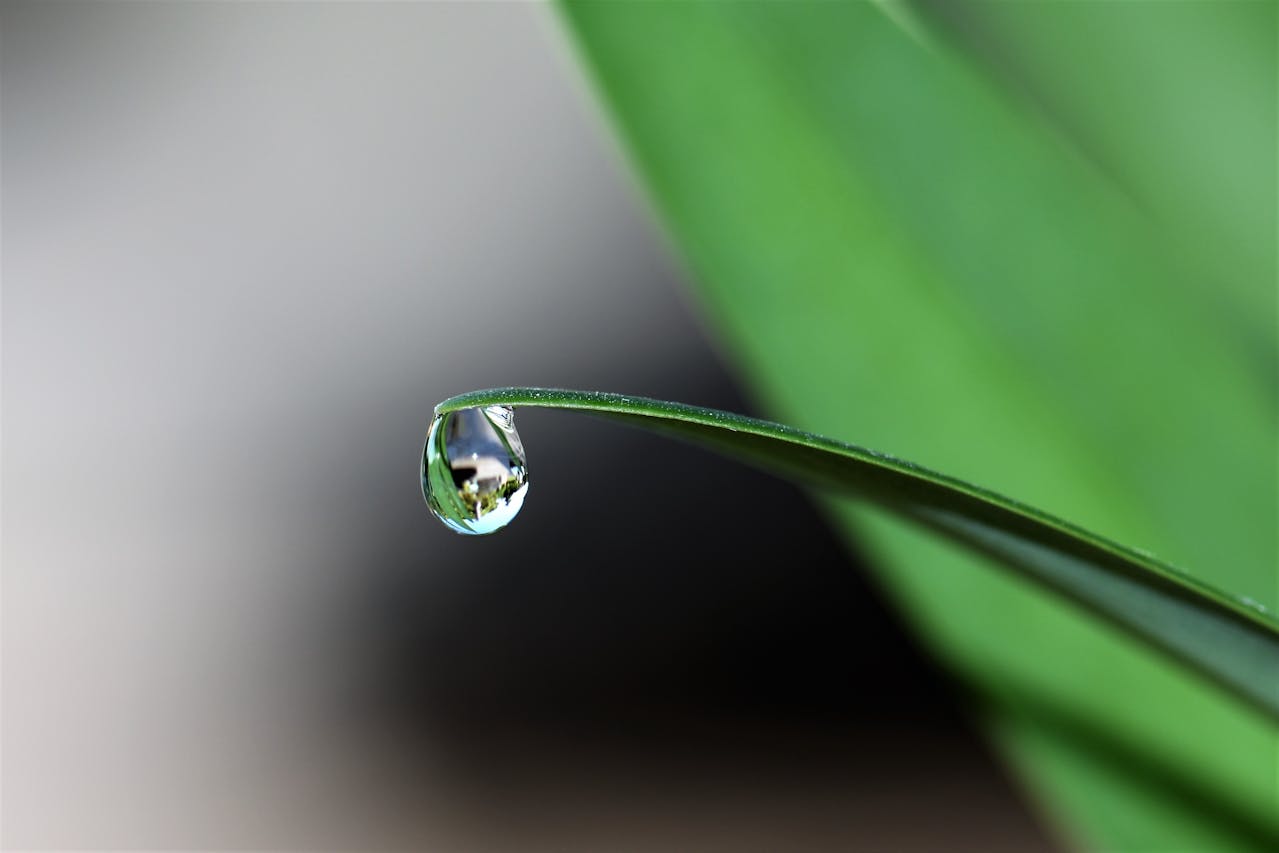Chronic Kidney Disease (CKD) is a progressive condition where the kidneys gradually lose function over time. Many people wonder if there’s a definitive cure for CKD, especially in its later stages. While there is no complete cure for CKD in most cases, early intervention, lifestyle changes, and medical treatments can slow its progression, manage symptoms, and improve quality of life.
In this article, we’ll explore:
-
Can CKD be cured?
-
Medical treatments to manage CKD
-
Lifestyle changes that support kidney health
-
Alternative and emerging therapies
-
When dialysis or a transplant becomes necessary
Can CKD Be Cured? Understanding the Reality
The possibility of curing CKD depends on the stage and underlying cause:
-
Early-stage CKD (Stages 1-3): If detected early, some kidney damage may be reversible with proper treatment.
-
Late-stage CKD (Stages 4-5): At this point, the damage is usually permanent, but progression can still be slowed.
-
Underlying causes (like diabetes or hypertension): Controlling these conditions can sometimes halt or even partially reverse kidney decline.
However, once significant scarring (fibrosis) occurs, kidney damage is typically irreversible. The focus shifts to preserving remaining function rather than a full cure.
Medical Treatments for CKD Management
1. Medications to Slow CKD Progression
-
Blood Pressure Control (ACE Inhibitors/ARBs): Drugs like lisinopril or losartan help reduce proteinuria (protein in urine) and protect kidneys.
-
SGLT2 Inhibitors (e.g., empagliflozin): Originally for diabetes, these drugs also slow CKD progression.
-
Diuretics: Help manage fluid retention and swelling.
-
Phosphate Binders & Vitamin D Supplements: Used in later stages to prevent bone disease.
2. Managing Underlying Conditions
-
Diabetes Control: Tight blood sugar management prevents further kidney damage.
-
Hypertension Management: Keeping BP below 130/80 mmHg is crucial.
-
Treating Glomerulonephritis or Autoimmune Diseases: Immunosuppressants may help in some cases.
3. Dialysis (For Stage 5 CKD - Kidney Failure)
When kidneys fail, dialysis (hemodialysis or peritoneal dialysis) filters waste from the blood artificially. While not a cure, it sustains life.
4. Kidney Transplant
A transplant is the closest to a cure for end-stage CKD, but it requires lifelong immunosuppressants to prevent rejection.
Lifestyle Changes That Support Kidney Health
1. Kidney-Friendly Diet
-
Low Sodium: Reduces blood pressure strain.
-
Moderate Protein Intake: Too much protein stresses kidneys.
-
Limit Potassium & Phosphorus (in later stages): Prevents electrolyte imbalances.
-
Stay Hydrated (but not excessive): Helps kidneys flush toxins.
2. Regular Exercise & Weight Management
-
Helps control diabetes, hypertension, and inflammation—key CKD risk factors.
3. Avoid NSAIDs & Nephrotoxic Substances
-
Painkillers like ibuprofen can worsen kidney damage.
4. Quit Smoking & Limit Alcohol
-
Smoking reduces blood flow to kidneys, accelerating damage.
Alternative & Emerging Therapies
1. Stem Cell Therapy (Experimental)
-
Early research suggests stem cells may repair damaged kidney tissue, but it’s not yet widely available.
2. Herbal & Natural Supplements (Caution Advised)
-
Some herbs (like astragalus or turmeric) may support kidney health, but always consult a doctor first—some can be harmful.
3. Fasting & Ketogenic Diets (Under Study)
-
Some studies suggest intermittent fasting or keto may reduce kidney inflammation, but more research is needed.
The Bottom Line: Can CKD Be Cured?
-
Early-stage CKD may be manageable and sometimes partially reversible.
-
Late-stage CKD requires dialysis or transplant, but progression can still be slowed.
-
Lifestyle changes + medical treatment = Best chance at preserving kidney function.
Final Thoughts
While no outright cure exists for most CKD cases, early detection and proactive care can dramatically slow the disease. If you or a loved one has CKD, work closely with a nephrologist to tailor the best treatment plan.


